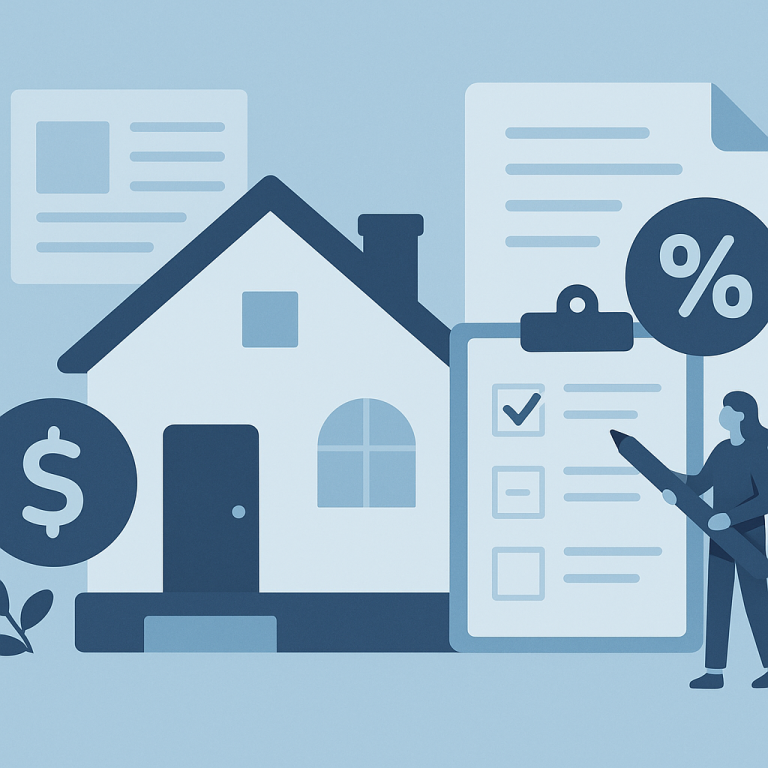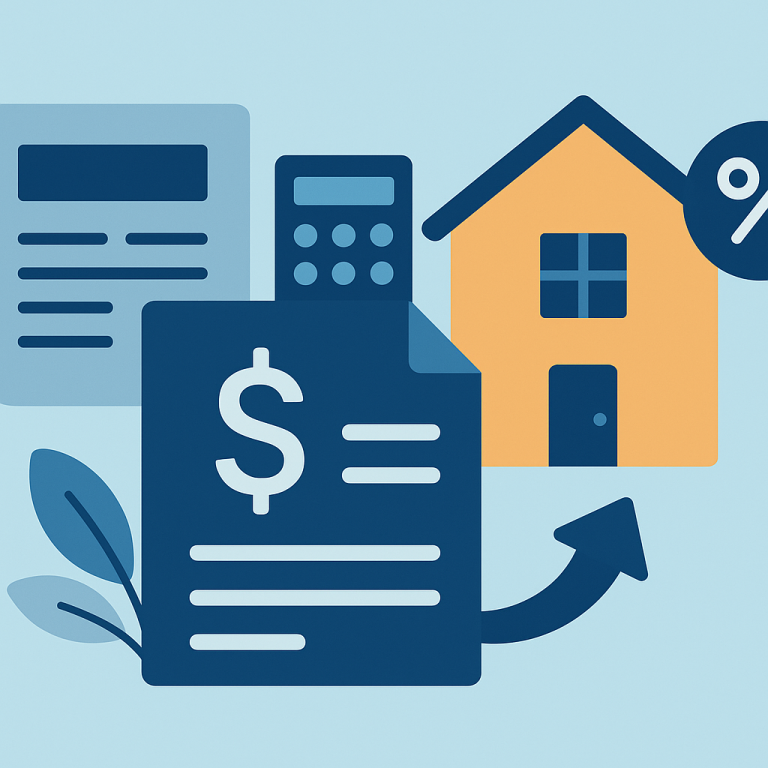Refinance guide refi denials common reasons and how to fix them
Refi Denials: Common Reasons and How to Fix Them
Getting denied for a mortgage refinance is a frustrating but not uncommon experience. A denial can be an early warning that something in your credit profile, income documentation, property value, or title needs attention. This article explains why refinance applications are denied, when it makes sense to try again, the benefits and drawbacks of reapplying, expected costs, a step-by-step recovery process, pitfalls to avoid, and quick FAQs to help you get back on track.
What a Refi Denial Is — and When It Makes Sense to Try Again
A refinance denial means the lender decided not to approve your application based on underwriting standards. Common triggers include low credit score, high debt-to-income (DTI), insufficient home equity, appraisal issues, incomplete documentation, or title problems.
It makes sense to address a denial and reapply when you can reasonably fix the underlying issue within a few months to a year — for example, by improving a credit score, reducing credit card balances, providing additional documentation of income, disputing an appraisal, or resolving title/tax liens. If the denial is due to temporary or remediable factors, reapplying (either with the same lender after fixes or a different lender with more flexible guidelines) is often worth pursuing.
Benefits and Drawbacks of Reapplying After a Denial
- Benefits: Potentially lower monthly payments, a shorter loan term, lower interest rate, or access to cash via a cash-out refi once issues are resolved.
- Drawbacks: Time and effort to correct problems; some fees (appraisal, inspection, credit pulls) may be nonrefundable; repeated applications can create multiple credit inquiries; if a denial points to deeper financial instability, reapplying may be futile.
Costs and Fees to Expect (and What You Might Lose on a Denied Refi)
Refinances involve third-party fees that may be nonrefundable if the loan does not close. Typical costs include:
- Appraisal: $300–$700 (higher for complex properties)
- Credit report fee: $30–$50
- Title search & title insurance: $500–$1,500
- Origination/underwriting fees: 0.25%–1% of loan amount (varies; sometimes rolled into rate)
- Recording, courier, notary, flood search, and survey costs: $100–$500
If a refinance is denied after these services have been paid for, you may lose those nonrefundable amounts. Some lenders offer “no-cost” or credit-for-fees options, but those can involve higher rates.
Step-by-Step: How to Fix a Refi Denial and Reapply
- Obtain and read the denial letter: Lenders must provide a reason for denial. Identify the primary reasons cited (credit, income, assets, appraisal, title, etc.).
- Talk to your loan officer: Ask for specific underwriting notes and whether any issues can be resolved quickly (e.g., provide missing pay stubs or correct a bank statement).
- Pull your own credit reports: Review all three bureaus for errors, questionable inquiries, or fraudulent accounts. File disputes for any inaccuracies.
- Address credit and DTI problems: Pay down high-interest credit card balances, avoid large purchases, refrain from opening/closing accounts, and consider temporarily boosting income or reducing monthly debt obligations.
- Resolve title or tax liens: Pay outstanding property taxes, HOA dues, or mechanics’ liens; provide lien payoff documentation to the lender.
- Handle appraisal issues: If the appraisal is low, request a reconsideration with comps, provide evidence of comparable sales, or order a second appraisal. Alternatively, consider a different lender or product that offers higher LTVs like FHA or VA programs if eligible.
- Gather comprehensive documentation: W-2s, tax returns, bank statements, retirement account balances, explanations for gaps in employment, and letters of explanation for derogatory items.
- Shop lenders and products: Different lenders have varying overlays and automated underwriting tolerances. Consider government programs (FHA, VA IRRRL, USDA) or portfolio lenders if you have unusual circumstances.
- Reapply when ready: Once fixes are in place—credit score improved, debts paid, appraisal resolved—submit a new application. Time your application to minimize additional credit pulls and avoid big purchases before closing.
Common Pitfalls to Avoid
- Doing major financial moves immediately after a denial: don’t open new credit lines, cosign loans, or make large purchases until the refi closes.
- Closing old credit accounts: this can increase your credit utilization and harm your score.
- Ignoring the denial letter: it contains the clues you need to fix the problem.
- Relying on a single lender: shopping around can reveal lenders with programs better suited to your profile.
- Assuming all fees are refundable: many third-party fees (appraisal, title search) are not refunded after a denial.
- Waiting too long to act: minor issues (credit errors, missing docs) are easiest to fix quickly; some problems (recent foreclosure, bankruptcy) require time.
When You Might Need a Different Approach
If denials stem from recent bankruptcy, foreclosure, or very low/no equity, options like a loan modification, HELOC, or waiting until you build more equity and on-time payment history may be more realistic than immediate refinance. For veterans, IRRRLs and other streamlined options often have relaxed underwriting.
Short FAQ
Q: Can I reapply with the same lender after a denial?
A: Yes, if you address the specific issues noted in the denial and your lender permits a resubmission. Some lenders will reconsider with additional documentation or after fixes.
Q: Will a refinance denial hurt my credit?
A: The denial itself doesn’t lower your score, but credit inquiries and any new account activity can. Checking your credit report and minimizing hard inquiries is wise.
Q: How long should I wait to reapply after a denial?
A: It depends on the reason. For documentation fixes, days to weeks may be enough. For credit score or DTI issues, several months to a year may be necessary. For bankruptcies or foreclosures, government waiting periods often apply.
Q: Should I get a new appraisal if mine was low?
A: Consider asking for a reconsideration of value (providing comps and evidence) or ordering a second appraisal. Shopping other lenders who use different appraisers or automated valuation models can also help.
Refinance denials are setbacks, not dead ends. By understanding the specific reasons behind the denial and taking targeted steps—fixing credit, documenting income, resolving title or appraisal issues, or exploring alternative loan programs—you can improve your chances of approval next time. Address the underlying problem, be patient, and shop lenders to find the best fit for your situation.
META: refinance denial reasons, fix refi denial, mortgage refinance denial, LTV, DTI, appraisal issues, credit score fixes





